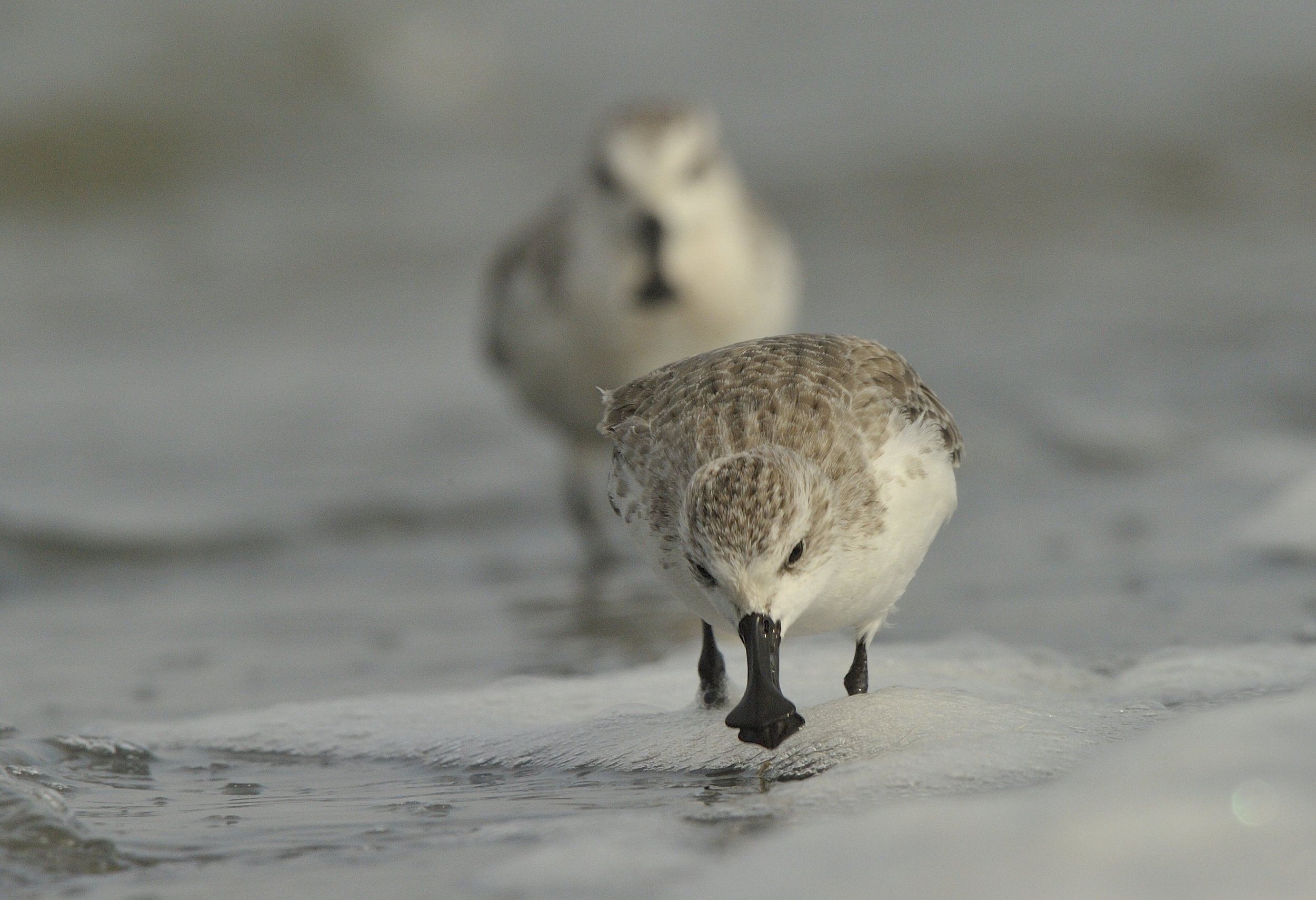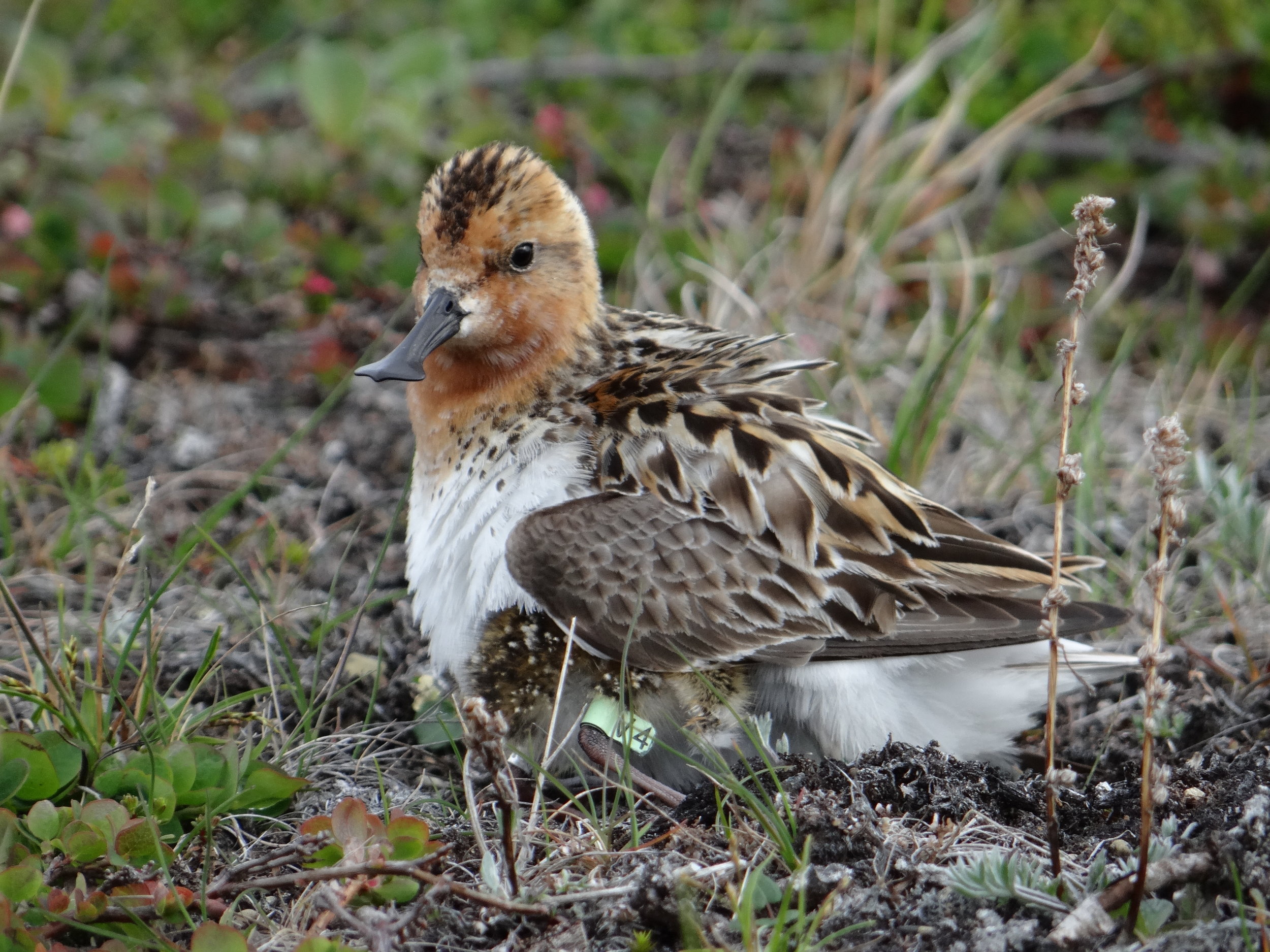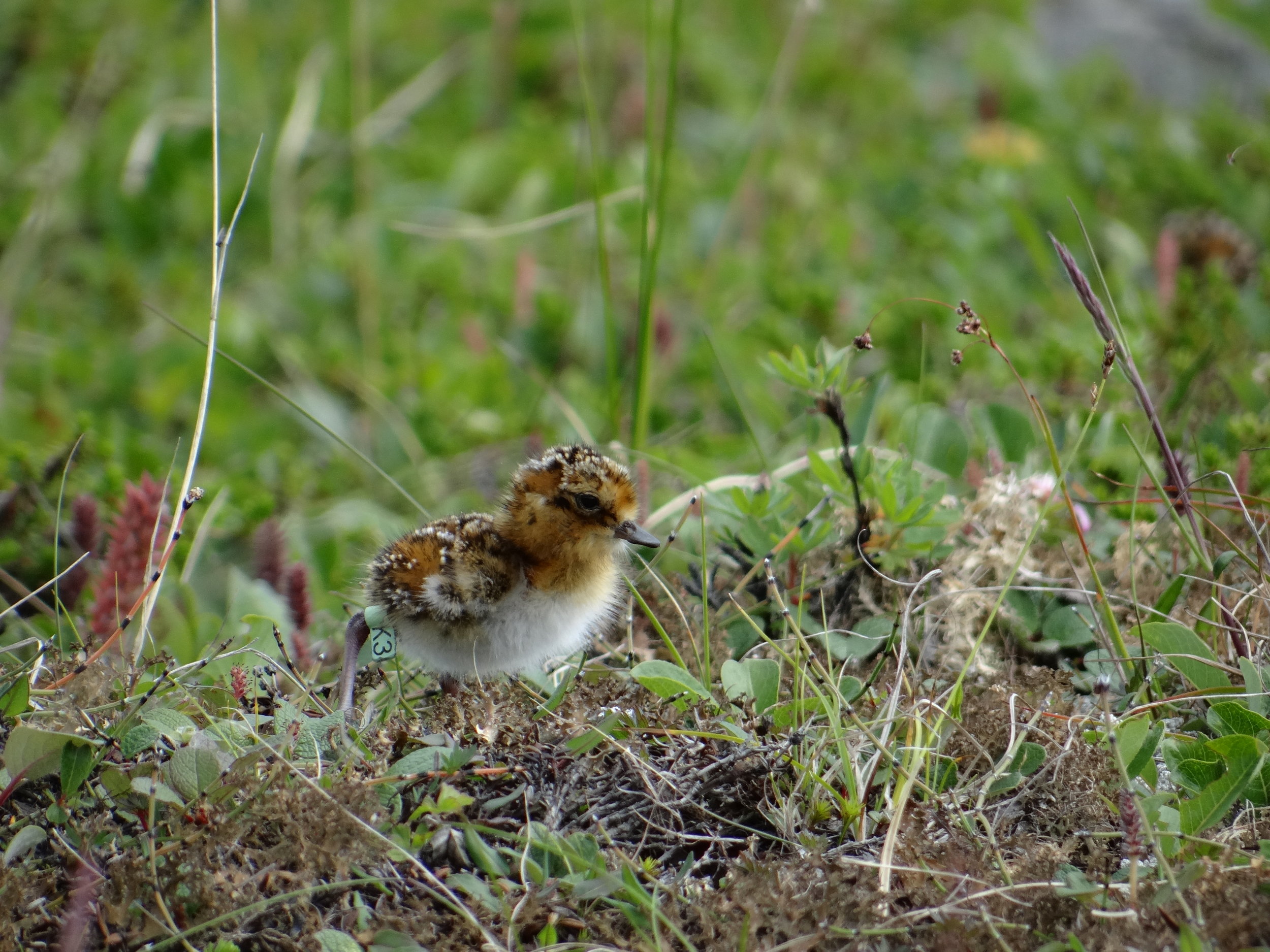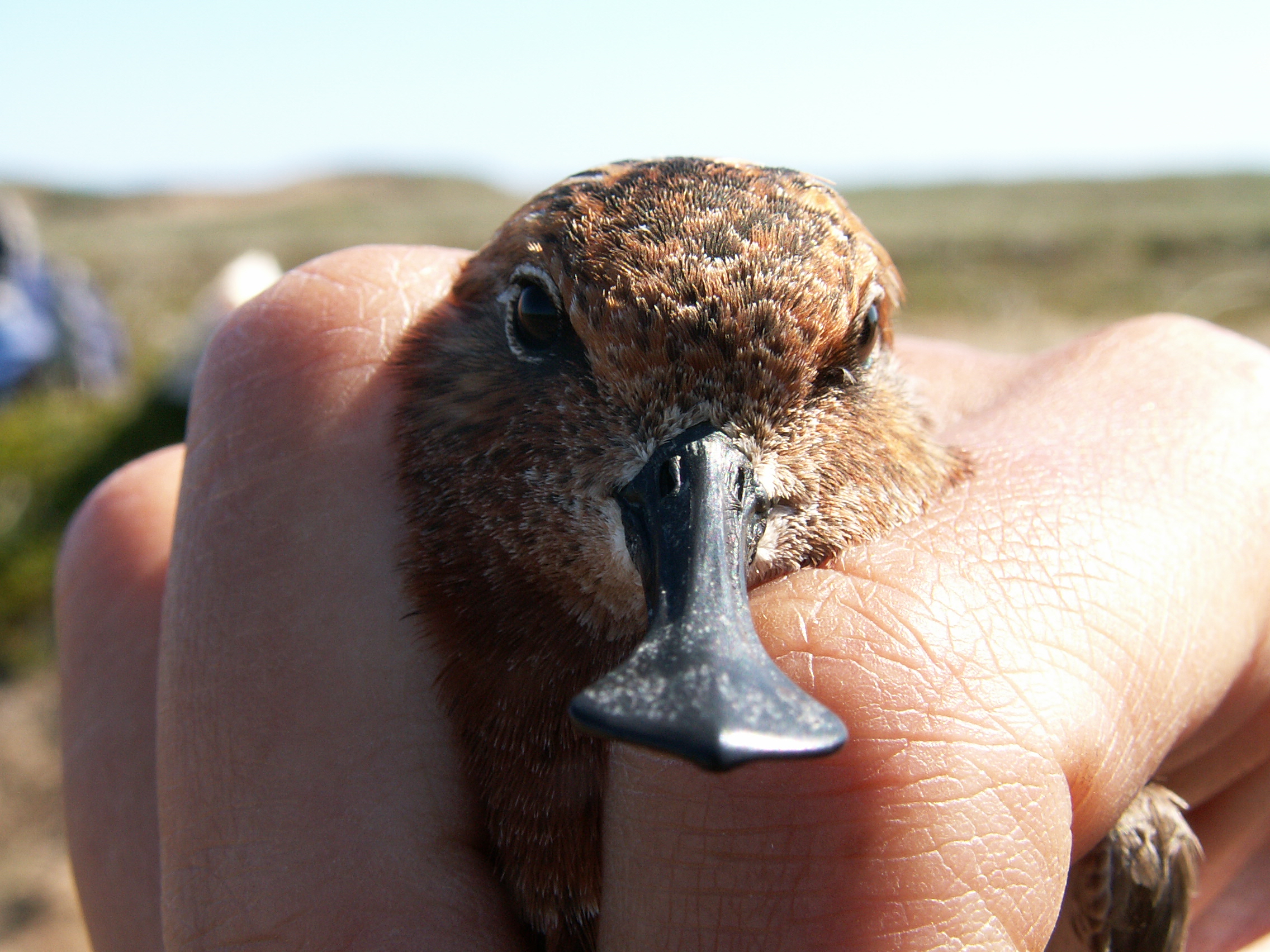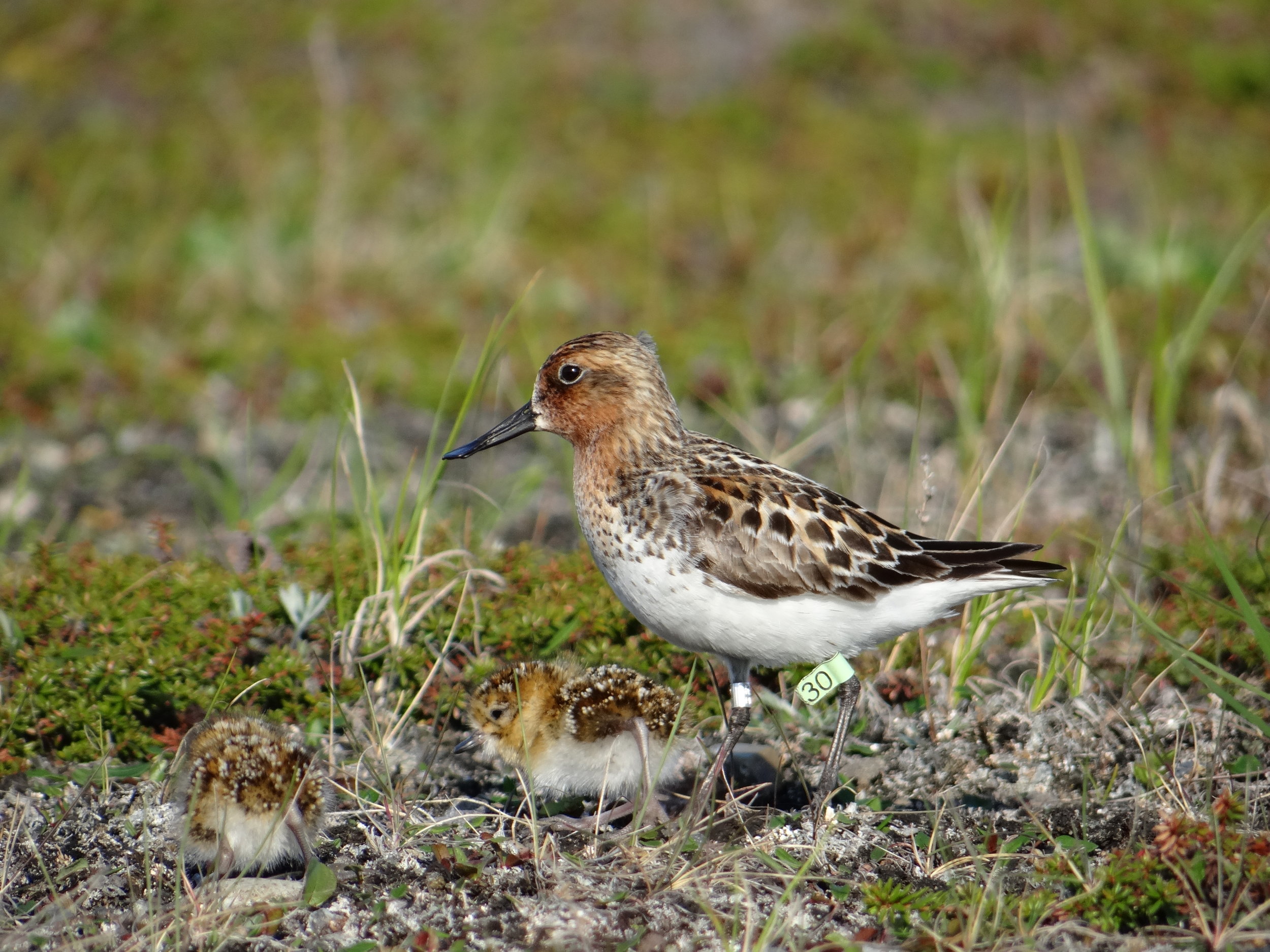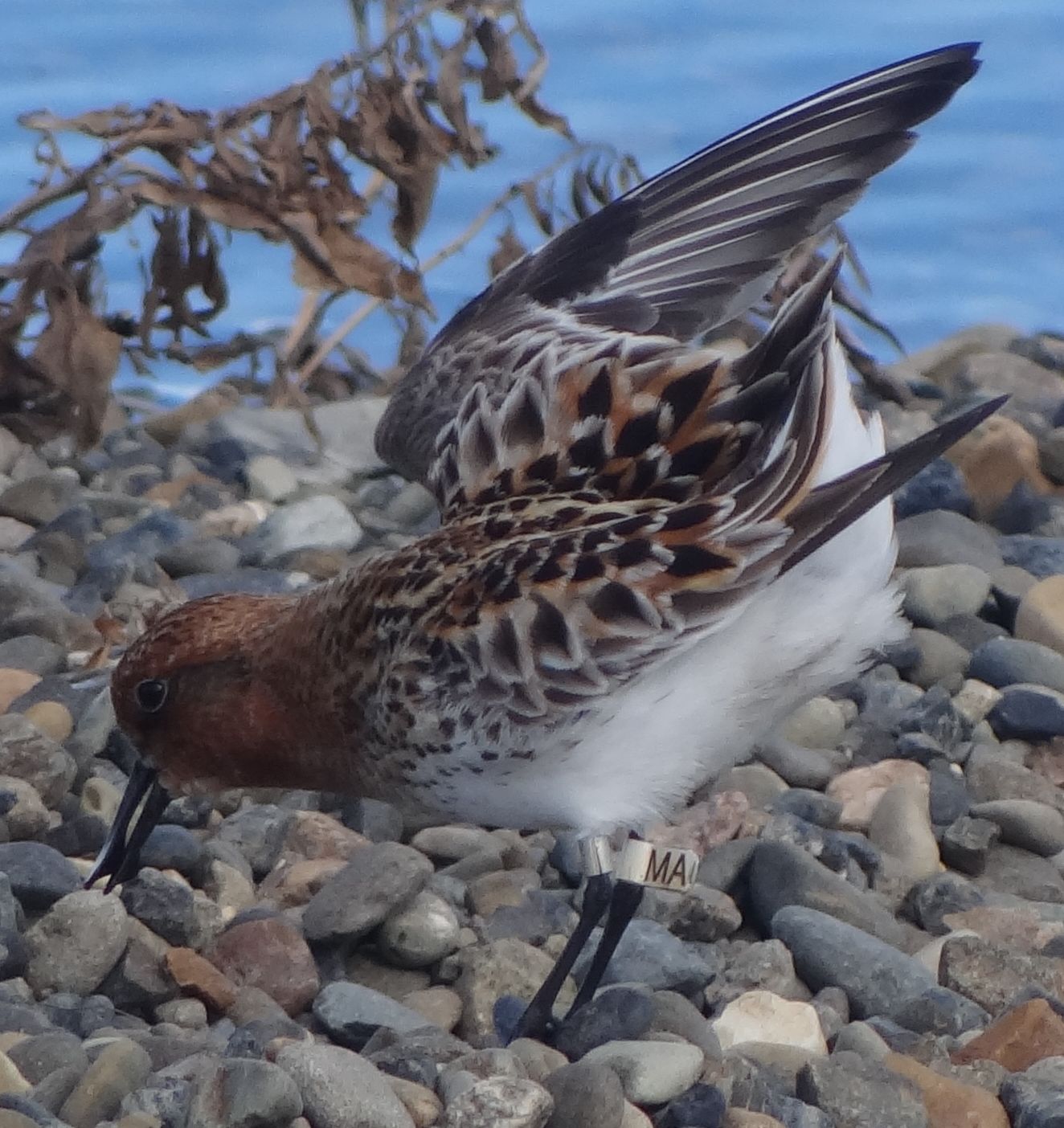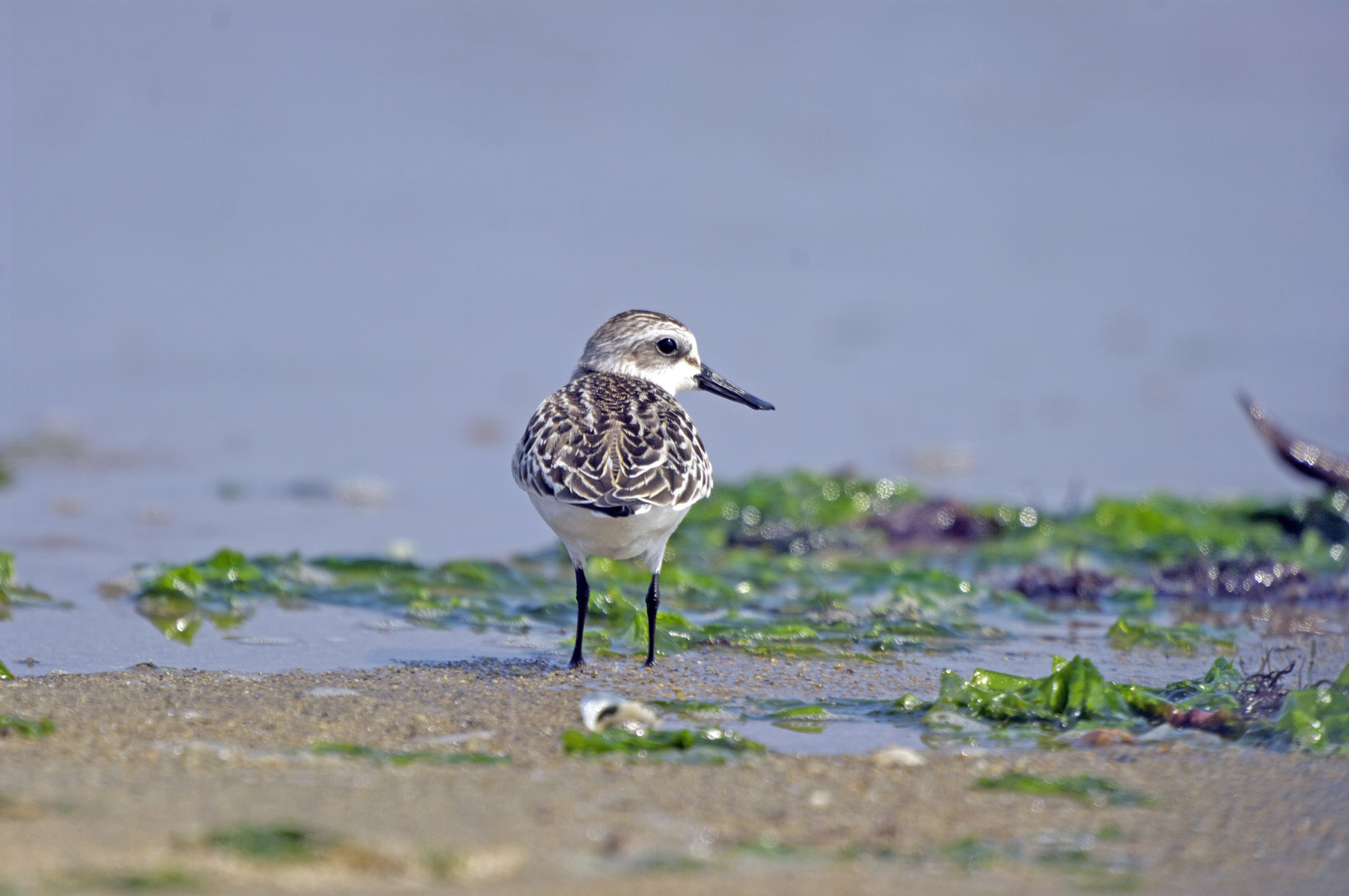Bangladesh 2017-2019
Spoon-billed Sandpiper Monitoring
& Conservation in Bangladesh
The Spoon-billed Sandpiper (Calidris pygmaea) is one of the most imperiled migratory birds in the world, categorized as “Critically Endangered” by Birdlife and the IUCN Red List. An international task force of scientists and policy-experts, convened by the East Asian-Australasian Flyway Partnership, has been working to protect the remaining Spoon-billed Sandpipers in more than a dozen countries along their breeding grounds, migratory routes and wintering grounds.
The Bird Conservation Fund, in coordination with the Spoon-billed Sandpiper Task Force, has provided a $14,934 grant to support the monitoring and conservation of Spoon-billed Sandpipers on their important wintering grounds in Bangladesh. This project, under the leadership of Sayam Chowdhury, will identify wintering sites over the next two seasons, and will take steps to ensure their protection. Our grant helps leverage an additional $51,052 being provided by other conservation funders.
Spoon-billed Sandpipers breed in Chukotka, in the far northeast of Russia, where scientists first began to notice a sharp decline in numbers starting in the early 1990s. By 2010, there were probably only 200 breeding pairs remaining (indicating a total known global population of 500-600 individuals). Like most migratory shorebirds on the East Asian Flyway, the threats to their populations are numerous. Land disturbance and nest predation occurs on their breeding grounds, massive land conversion of important mudflats continue on their important migratory stopover sites on the Yellow Sea, and continued habitat loss as well as illegal hunting occurs on their wintering grounds in South China and Southeast Asia.
Since 2011, committed Task Force members in Bangladesh and Myanmar have largely put an end to the trapping and hunting that was decimating shorebird populations, and they have begun to raise government and public awareness of the need to protect important wintering sites. Task force members in Russia have also been successful at improving breeding success at the nesting sites. However, there remain significant threats to Spoon-billed Sandpipers at unprotected stopover sites and on wintering grounds, particularly with continued wetlands reclamation projects and with continued illegal trapping in some countries. There are promising signs that their population has stabilized in the past few years, albeit at perilously low numbers.
The Bird Conservation Fund has been named the official U.S Support Group for the Spoon-billed Sandpiper Task Force. We are proud to join the many groups and individuals who work to protect this charismatic sandpiper from extinction.
Please consider supporting our continuing work to locate, monitor and protect the remaining populations of Spoon-billed Sandpiper on their migratory and wintering grounds.
First Row (left to right): Courtesy of Spoon-billed Sandpiper Task Force; Pavel Tomkovich, Pavel Tomkovich, Egor Loktionov, Second Row (left to right); Elena Lappo, Pavel Tomkovich, Egor Loktionov, Spoon-billed Sandpiper Task Force.


